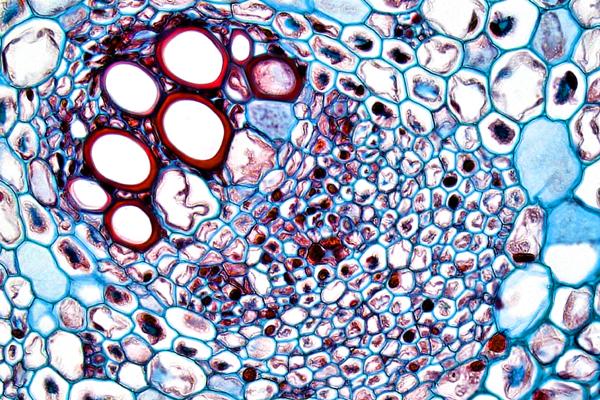
Follow-up meetings to the MBI Summit on the Rules of Life will take a more in-depth look at certain topics within the broader theme. In this first follow-up, a focused working group will more deeply explore the emergence of cell differentiation in early multicellular evolution.
The evolution of multicellularity is one of the major evolutionary transitions and enabled the increase in biological complexity in diverse lineages. A major feature of biological complexity in multicellular organisms is the evolution of cell differentiation, which allows for a richer functionality from a single genotype.
An important question is to know what mechanisms promoted the emergence and evolution of cellular differentiation in nascent multicellular organisms. A common view is that there are selection advantages for functional specialization, and therefore natural selection acts promoting phenotype heterogeneities within multicellular organisms.
This workshop will test the hypothesis that cellular differentiation can emerge from a neutral process, in which cells communicate with neighboring cells, and this process can make cellular behaviors diverge, and consequently promote cell differentiation.
